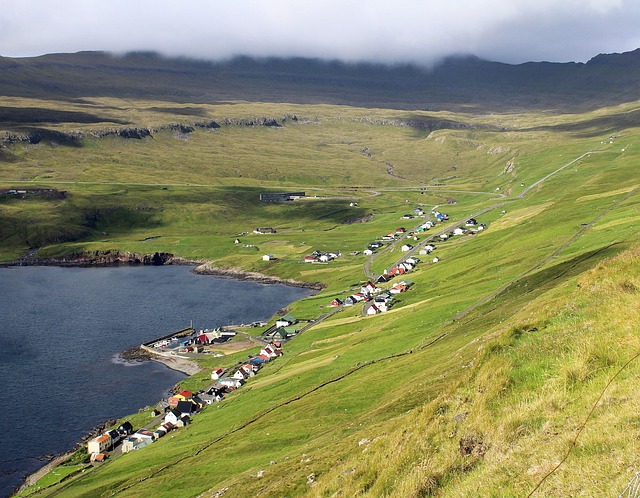The expansion of settlements has long been a phenomenon associated with progress and development. Yet, as we delve deeper into the implications of this growth, we uncover an alarming reality — it is a significant driver of deforestation, especially in the age of climate change. Forests, often deemed the lungs of our planet, are being sacrificed at an alarming rate to accommodate new housing and infrastructure. This transformation is not just reshaping our landscapes; it is altering the very ecosystems that sustain life.
When we think about the expansion of settlements, images of thriving communities often come to mind. However, behind the scenes lies a devastating impact on our environment. As we extend our urban footprints, we clear vast tracts of forests, disrupting countless habitats and releasing carbon stored in trees. This action exacerbates the already pressing issue of climate change, as we witness global temperatures rise and weather patterns become increasingly erratic.
The consequences of deforestation related to settlement expansion can be felt worldwide. Biodiversity dwindles, as countless species lose their homes, while indigenous communities who rely on forests for their survival face displacement. Moreover, deforestation contributes to the worsening of air and water quality, threatening human health and the well-being of our planet. In essence, the expansion of settlements, while serving immediate human needs, unveils a selfish disregard for long-term environmental balance.
The relationship between settlement growth and deforestation is not merely a local issue; it transcends borders. Global supply chains often depend on raw materials sourced from deforested regions, further linking consumer habits to environmental degradation. In an interconnected world, our choices can directly cause deforestation in distant locations, highlighting the urgent need for consciousness about our consumption patterns.
To combat this crisis, we must advocate for smarter, sustainable urban planning that takes into account the preservation of natural ecosystems. Solutions such as vertical development, eco-friendly construction techniques, and the integration of green spaces in urban areas can significantly mitigate the deforestation crisis caused by the expansion of settlements. Encouraging public transport and less reliance on cars can also reduce the pressure to expand into forested areas.
The fight against climate change requires immediate action and collective responsibility. Engaging in reforestation, supporting policies that protect existing forests, and educating communities about the value of biodiversity are crucial steps toward a sustainable future. We owe it to ourselves, and to future generations, to protect the earth’s precious resources and curtail the expansion of settlements that drive deforestation.
It is vital for individuals, businesses, and governments to recognize their roles in this alarming cycle. The choices we make today — from where we live to how we consume — can either accelerate forest loss or protect and restore our natural environment. The expansion of settlements, fueled by a drive for development, can be redirected towards more sustainable pathways that honor both our need for space and the urgent requirement to combat climate change.




